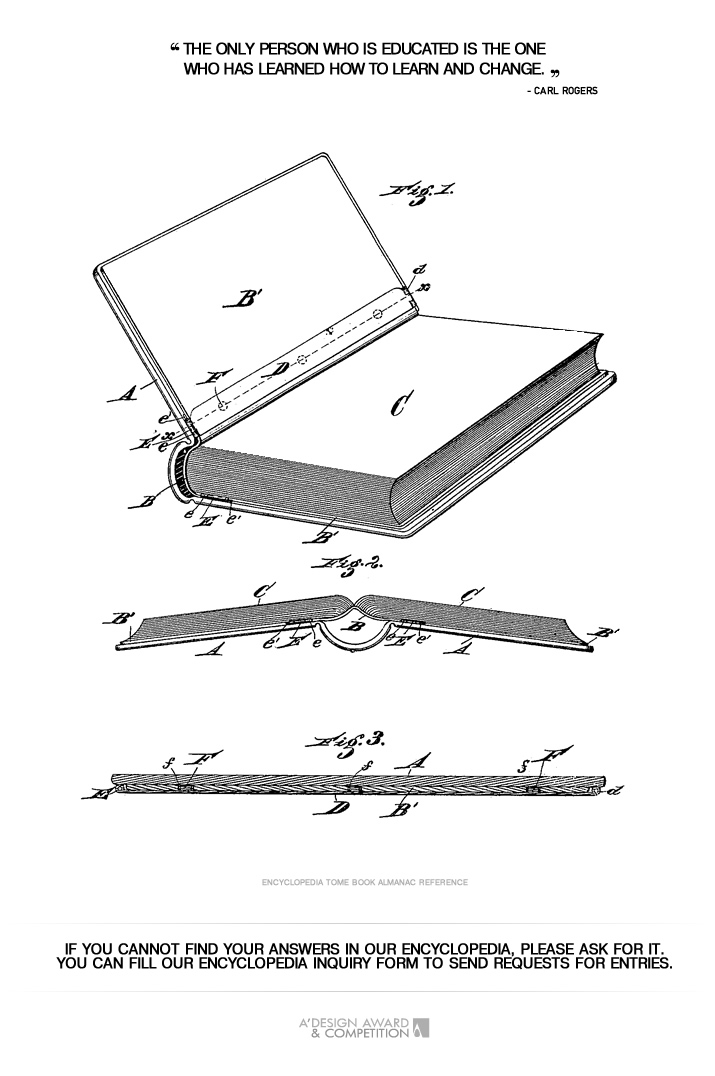
| THE AWARD |
| CATEGORIES |
| REGISTRATION |
| SUBMIT YOUR WORK |
| ENTRY INSTRUCTIONS |
| TERMS & CONDITIONS |
| PUBLICATIONS |
| DATES & FEES |
| METHODOLOGY |
| CONTACT |
| WINNERS |
| PRESS ROOM |
| GET INVOLVED |
| DESIGN PRIZE |
| DESIGN STORE |
| THE AWARD | JURY | CATEGORIES | REGISTRATION | PRESS | WINNERS | PUBLICATIONS | ENTRY INSTRUCTIONS |
Functional - Entry #478272 |
Home > Design Encyclopedia > 478272 |
 Functional
Functional
Functional is a fundamental design principle that prioritizes the practical utility and effectiveness of an object, space, or system over purely aesthetic considerations. This approach to design emphasizes that form should follow function, ensuring that every element serves a clear purpose and contributes to the overall usability of the design. The concept emerged prominently during the modernist movement of the early 20th century, though its roots can be traced back to ancient architectural principles where structural elements served both practical and aesthetic purposes. In functional design, every component must justify its existence through its contribution to the object's intended use, leading to cleaner, more efficient solutions that eliminate superfluous decoration. This philosophy has profoundly influenced various design disciplines, from industrial product design to digital interface development, where user needs and practical requirements drive the creative process. The principle encompasses ergonomic considerations, material efficiency, and operational effectiveness, often resulting in designs that achieve elegance through their simplicity and purposefulness. In contemporary design practice, functionality extends beyond mere mechanical utility to include user experience, accessibility, and sustainability considerations. The A' Design Award recognizes outstanding functional design through various categories, acknowledging solutions that successfully balance practical requirements with innovative approaches. The evolution of functional design has been particularly evident in the digital age, where user interface design must optimize both efficiency and ease of use, demonstrating how functionality adapts to changing technological contexts while maintaining its core principle of purpose-driven design.
Author: Lucas Reed
Keywords: utility efficiency practicality ergonomics minimalism
 About the Design+Encyclopedia
About the Design+EncyclopediaThe Design+Encyclopedia is a crowd-sourced reference of information on design. Unlike other crowd-sourced publications on design, the Design Encyclopedia is edited and actively monitored and publishing is only possible after review of submitted texts. Furthermore, editors of the Design Encyclopedia are mostly consisting of award winning designers who have proven their expertise in their design respective fields. Information posted at design encyclopedia is copyrighted, you are not granted a right to use the text for any commercial reasons, attribution is required. If you wish to contribute to the design encyclopedia, please first register or login to A' Design Award and then start a new design encyclopedia entry.

If you did not find your answer, please feel free to check the design encyclopedia for more entries. Alternatively, you can register and type your own definition. Learn more about A' Design Award's Design+Encyclopedia.

